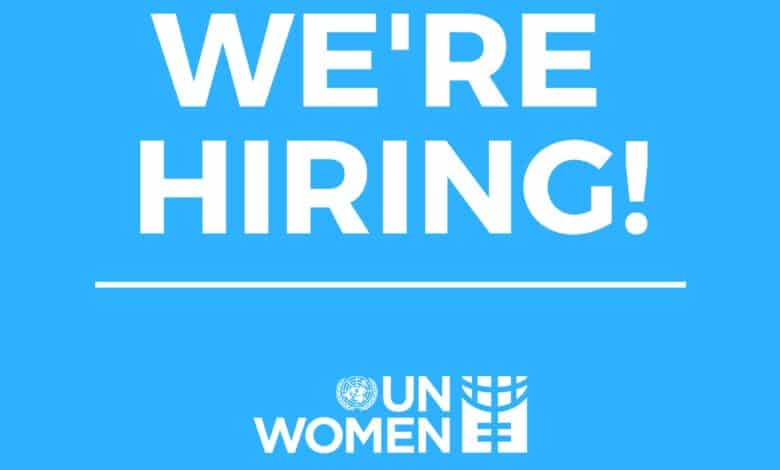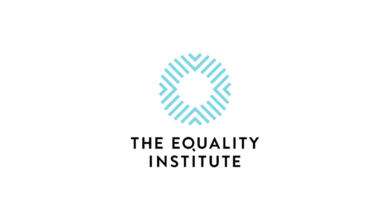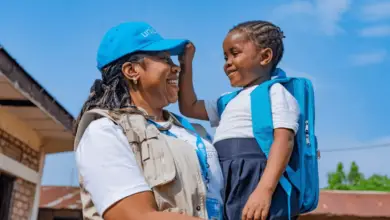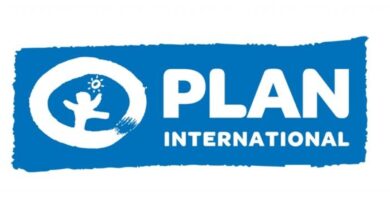Work Remotely as a Care Conflict and Crisis Consultant at UN Women

Closing Date: 15 December 2024
Work Remotely as a Care Conflict and Crisis Consultant at UN Women
Background:
UN Women, grounded in the vision of equality enshrined in the Charter of the United Nations, works for the elimination of discrimination against women and girls; the empowerment of women; and the achievement of equality between women and men as partners and beneficiaries of development, human rights, humanitarian action and peace and security.
In recent years, the world has witnessed a dramatic surge in violent conflicts alongside environmental and human-caused catastrophes and crises. The number of people in need of humanitarian assistance has tripled over the past decade, and traditional conflicts are aggravated by new threats including climate shocks, global health pandemics and a rising wave of violent extremist groups directly targeting women’s rights. In 2022, the number of women and girls living in conflict-affected countries reached 614 million – an increase of more than 50% higher compared to 2017. In the same year, 387 natural hazards and disasters (an increase of 14% on the last decade) struck 185 million people, causing 30,704 deaths, and disproportionately impacting the lives and well-being of women and girls. In 2023 an estimated 117.3 million people worldwide were forcibly displaced due to persecution, conflict and violence. This marks a rise by over 70% since 2018. Half of the forcibly displaced population are women and girls.
Globally, women are adversely and disproportionately impacted by conflicts and disasters, from life expectancy, to education, health, violence, and nutrition. In Ukraine, as in Myanmar, Sudan, Colombia, Palestine and Yemen – and countless other situations grappling with the devastating consequences of violent conflicts and crises – women and girls suffer disproportionately. In 2024, approximately 150 million women and girls are in need of humanitarian assistance worldwide. UN Women’s efforts to secure peace, safety, rights and economic autonomy for women and girls during humanitarian planning and response and recovery are more critical than ever.
Over the last few decades, important contributions have been made by feminist scholars towards understanding conflict and peace as a complex, iterative, multi-layered, and dynamic social processes, thereby “opening up opportunities to be enriched by a nuanced understanding of gender relations.” Conflicts and humanitarian crises affect men, women, girls, and boys differently due to their different societal roles. Research in active and post-conflict settings has also illustrated that while conflict and disaster is undisputably appalling for women, these periods can sometimes provide a window of opportunity to alter and expand women’s roles as they may take on more economic responsibilities and duties as heads of households, hold greater public responsibilities, and be able to exert greater influence in decision-making processes and political participation. But these shifts do not occur spontaneously. They require the implementation of gender transformative programs and policies.
While significant attention in the international community has been placed on understanding and mitigating the impacts of conflict and disaster on women’s physical and mental health, experiences of violence, and leadership and political participation, relatively less focus has been placed explicitly on what happens to women’s and girls’, men’s and boys’, unpaid and paid care work during these times of social, political and economic upheaval.
Around the world, the unequal organization of care work is underpinned by its social undervaluing and upheld by limiting gender norms of women’s social and economic roles relative to men’s. These gendered disparities in unpaid care work are a profound driver of gendered socioeconomic inequality, restricting women’s and girls’ time and opportunities for education, decent paid work, public life, rest and leisure. During social and economic crises, including the recent COVID-19 pandemic, the unpaid and underpaid caring labour of women and girls acts as a shock absorber for gaps in essential public services and social protection, especially for communities with limited health and care infrastructure.
In Ukraine, recent reporting has shown women increasingly taking on jobs previously dominated by men as the mobilization of soldiers depletes the male-dominated work force, leading to a shift in household care dynamics. In refugee camps in Bangladesh, some Rohingya women are taking on new roles previously associated solely with men back in Myanmar, including as brick workers to build roads – a change that is generally accepted within the community provided that women continue to perform their traditional caretaking roles. In Sudan, less than 25% of health facilities are functional in the states hardest hit by the war, raising the question of how people are receiving care and who is now providing it.
Description of Responsibilities/ Scope of Work
The overall purpose of this home based consultancy is to support UN Women in strengthening its institutional expertise on addressing care work in the context of conflict and protracted crisis across its triple mandate of normative, operational, and coordination functions. This includes in the broad areas of policy advisory and technical support to Member States, programming, partnerships (including with women’s rights and peacebuilding organizations), and research.
The specific objectives of the Care Conflict and Crisis Consultant are as follows:
Phase 1: Expert Group Meeting (EGM) preparation
- Support the preparatory work to convene an expert group meeting (EGM) in early 2025 on the topic of care in times of conflict and crisis. This includes through desk research to identify existing approaches, best practices, conceptual framings, resources, tools, evidence, and stakeholders/experts on the topic as well as key knowledge gaps;
- Identification of relevant experts and participants from academia, government and civil society;
- Development of a concept note, agenda and supporting materials for the EGM.
- Development of a background paper (based on the desk review findings) for the EGM.
- Development of a regional case study for the Arab region
- Development of a regional guidance note for the Arab region.
Phase 2: EGM delivery
- Support the delivery of the EGM (likely 2 days, in-person, Jan/Feb 2025, location TBD), including through presentation of background paper and desk review findings and/or moderation of sessions.
Phase 3: EGM outcomes
- Support the development of key outputs from the EGM. This includes a short outcomes summary highlighting key insights and take-aways from the EGM on addressing care in times of conflict and crisis;
- Development of a ‘how-to’ guidance note on programming and policy design to address care work in times of conflict and crisis, including case studies, best practices and key considerations. This includes a stand-alone regional guidance note for the Arab States region.
- Development of recommendations for a research agenda and methodologies and pilot interventions to strengthen the evidence base on this topic, including potential research partnerships.
Deliverables
| Deliverables | Expected completion time (due day) | Payment Schedule | |
| 1 | Phase 1: Inception meeting and proposed workplan | By December 2024 | 25%, by 31 January 2025 |
| 2 | Phase 1: Desk review + report | By December 2024 | |
| 3 | Phase 1: EGM background paper | By January 2025 | |
| 4 | Phase 1: EGM participant list, concept note, agenda + supporting materials | By January 2025 | |
| 5 | Phase 1: Regional case study and regional guidance note for the Arab region | By February 2025 | 15%, by 28 February 2025 |
| 6 | Phase 2: EGM (including preparations in the lead-up) | By April 2025 | 25%, by 30 April 2025 |
| 7 | Phase 2: EGM summary report | By April 2025 | |
| 8 | Phase 3: Global guidance note/s on policy and programme design | By June 2025 | 35%, by 30 June 2025 |
| 9 | Phase 3: Recommendations for pilot interventions and proposed research agenda and research methodologies | By June 2025 |
The Care Conflict and Crisis consultant will be reporting to the Care Economy Policy Specialist, in close collaboration with Peace and Security and Humanitarian Action teams, and will be supported by the Programme Associate, who will be the point of contact on the contract and payment issues.
Consultant’s Workplace and Official Travel
This home based consultancy is expected to start in December 2024 and end by July 2025. The consultant will work remotely with some travel likely required for the EGM (location TBC).
Required Qualifications
Education and Certification:
- Master’s degree or equivalent in international development, gender studies, sociology, peace and conflict, or a related field is required.
- A first-level university degree in combination with two additional years of qualifying experience may be accepted in lieu of the advanced university degree
- PhD in international development, gender studies, sociology, peace and conflict, or related field would be an asset.
Experience:
- At least seven years of applied research experience focused on gender in conflict and/or crisis, with a specific focus on care work is essential.
- Demonstrated experience undertaking desk reviews in the field of gender and conflict and/or crisis, with a specific focus on care work is required.
- Demonstrated experience developing policy and programme recommendations in the field of gender and conflict and/or crisis, with a specific focus on care work is required.
- Prior experience producing UN reports and knowledge products for different audiences is desirable.
- Demonstrated academic publication record on gender and care work in conflict and/or crisis setting is desirable.
- Experience with UN Expert Group Meetings is desirable.
Languages:
- Fluency in English is required.
- Knowledge of French, Spanish or Arabic or any other UN official language is an asset
Click Here To Apply
Follow Opportunities For Everyone on Social Media




